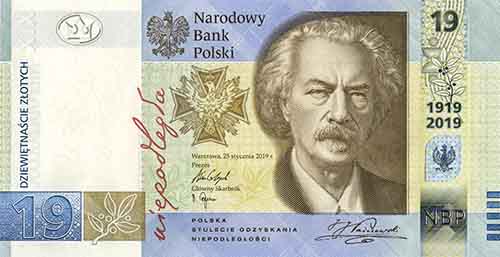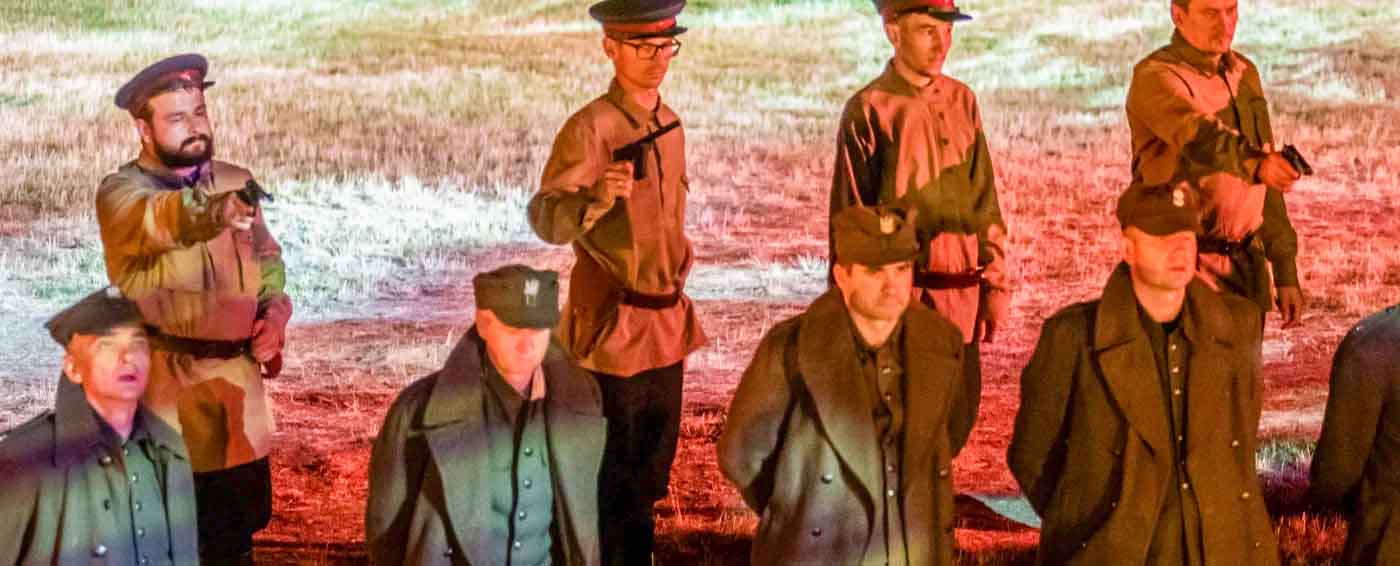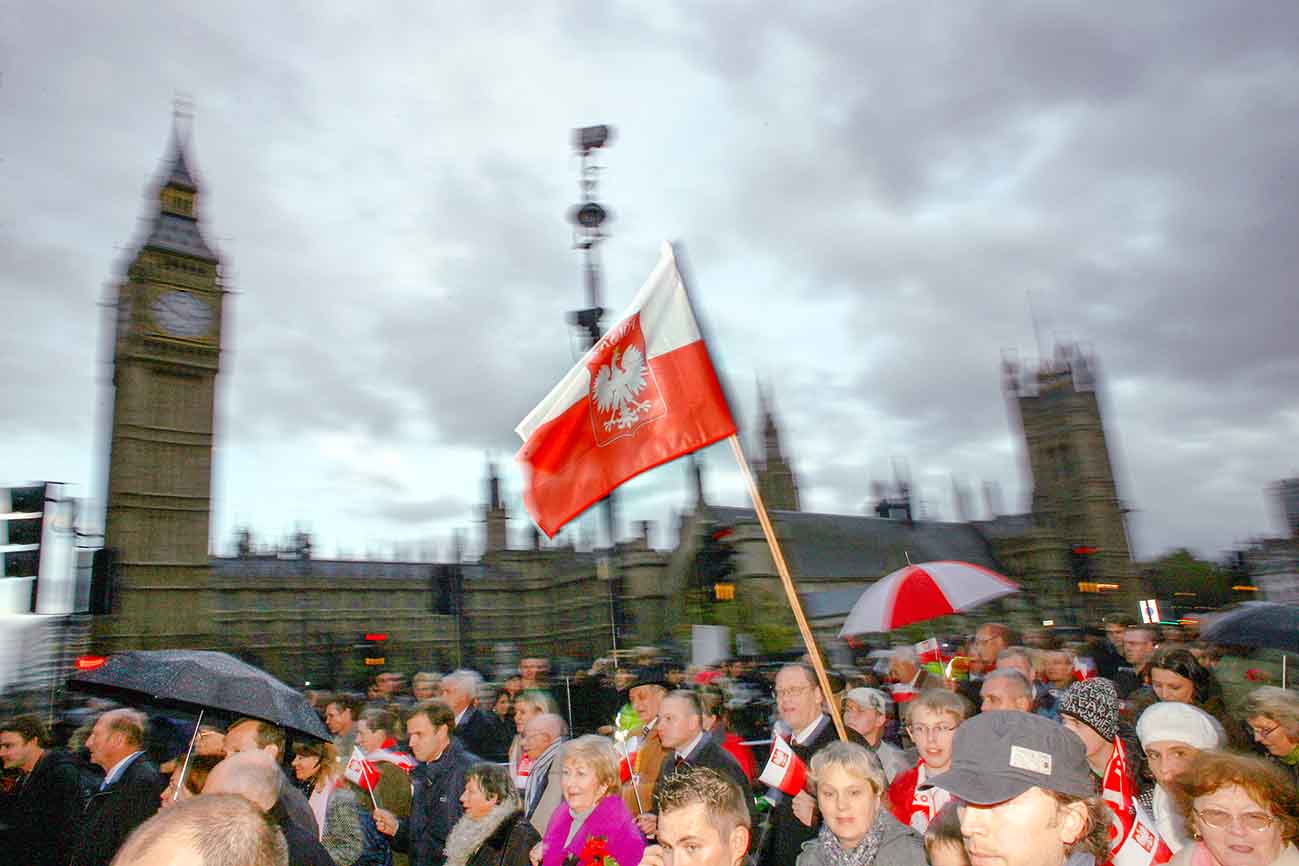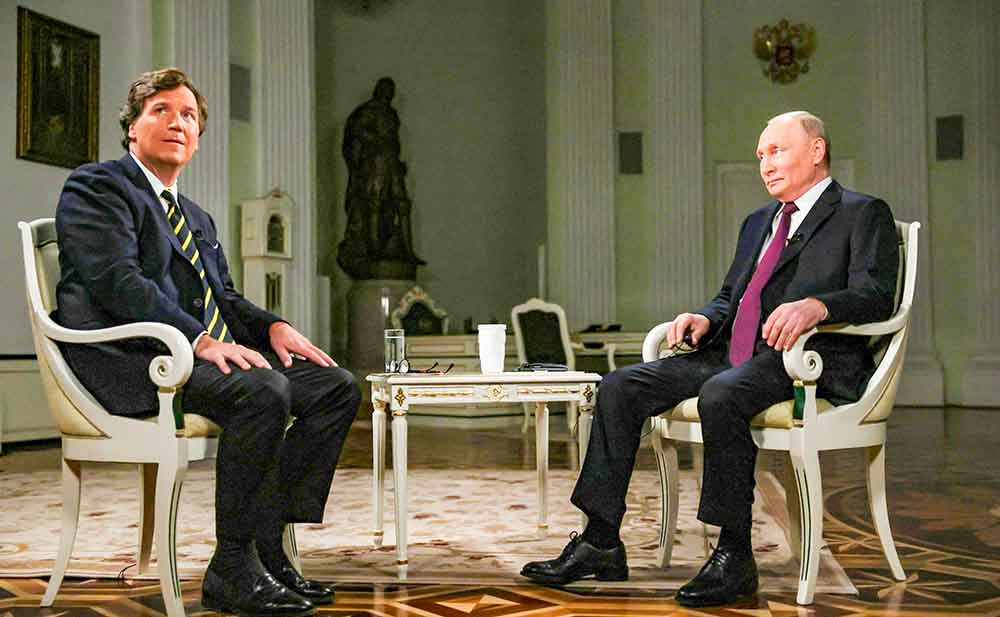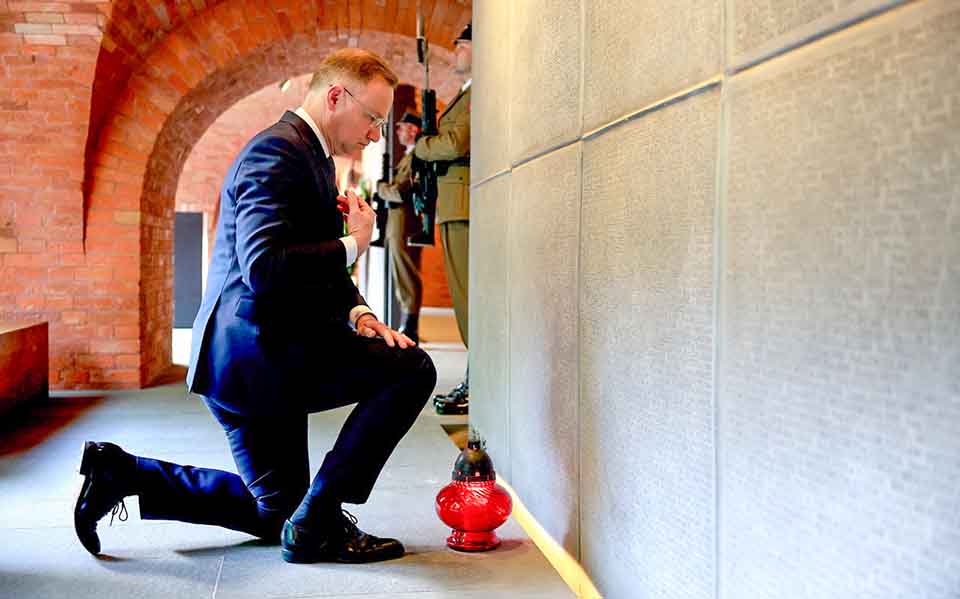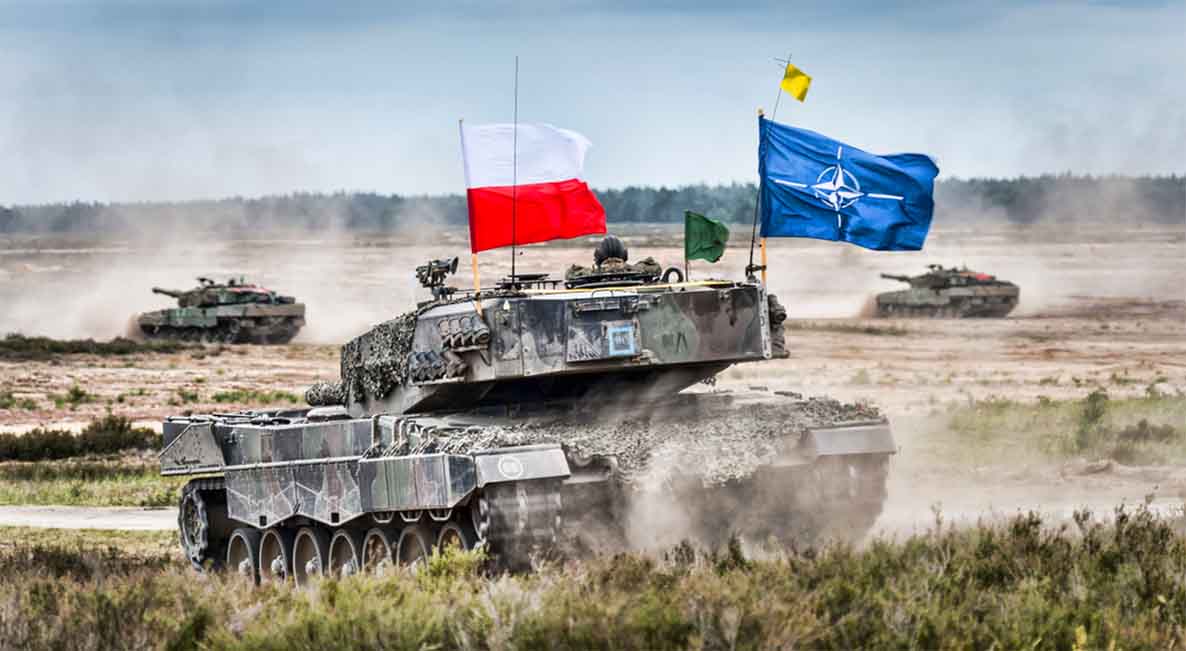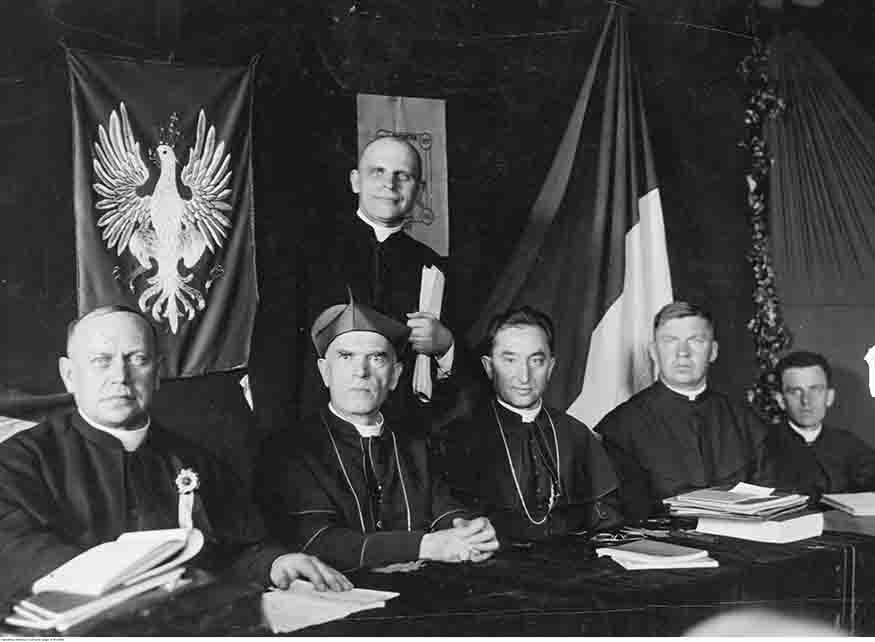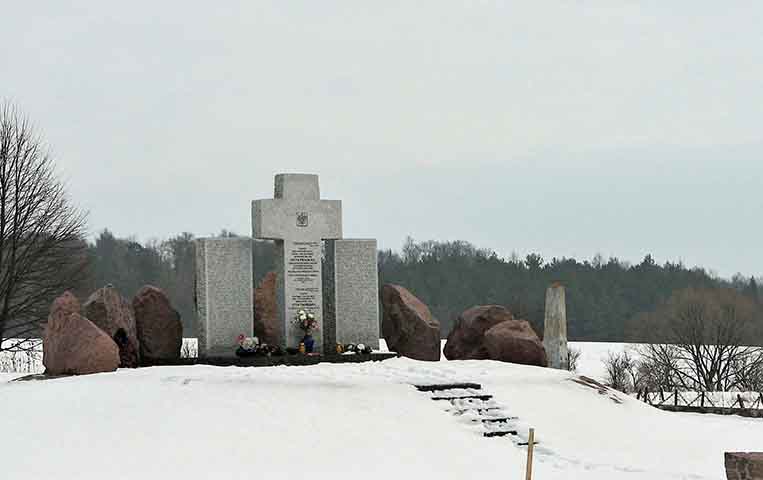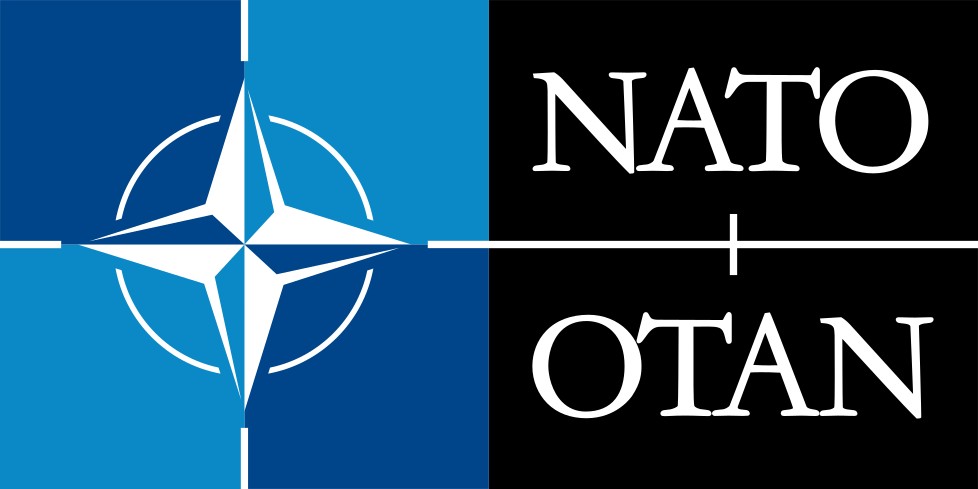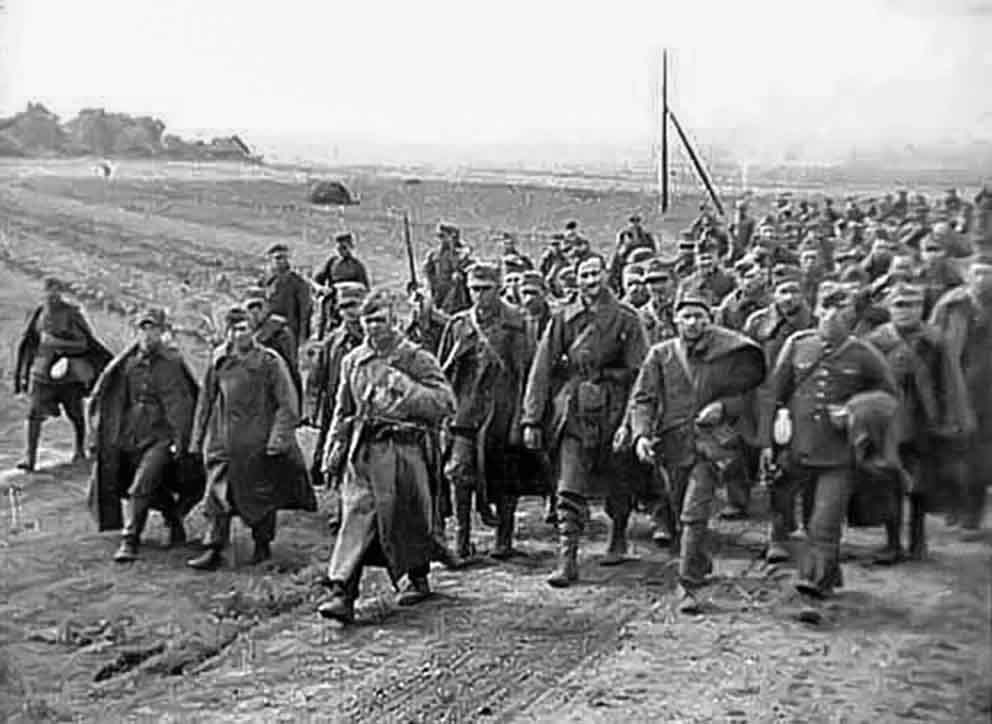Currently, Poland faces the dilemma of adopting the common EU currency, the euro. Let's wish the Polish zloty, which has successfully survived 100 years, many more centuries to come.
Read more... Reading time 8 min.In the spring of 1940, the Soviets killed the flower of the Polish intelligentsia without a judicial verdict. Today, the Russian authorities would like to see this crime as a common crime that is subject to a statute of limitations.
Read more... Reading time 7 min.During the partitions and captivity, Poles in exile not only constituted the country's intellectual base, but also preserved Polishness for the reborn Poland and modern generations.
Read more... Reading time 11 min.The authorities of the Russian Federation consistently lie about the past in order to find justification for their current aggressive policy. Poland is key in this hoax.
Read more... Reading time 5 min.The Katyn massacre is one of the most cruel acts of war terror that Poland experienced during World War II.
Read more... Reading time 4 min.On 12 March 1999, Poland, alongside the Czech Republic and Hungary, officially became a member of NATO.
Read more... Reading time 2 min.In the dynamic religious landscape of the United States, the Polish National Catholic Church (PNCC) emerges as a unique denomination that has extended its reach far beyond its original Polish immigrant constituency.
Read more... Reading time 14 min.Limiting the core curriculum in the field of national identity is a disgrace and a way of social engineering, which is supposed to create a new man, smiling, but deprived of the cultural code that has held this nation together for a thousand years. We cannot afford to lose this most important part of Polish society - the future elites of the Republic of Poland.
Read more... Reading time 13 min.It is difficult to find Huta Pieniacka on a map today, there are no local signposts leading to it, and in Wikipedia, we can read: "a village in Ukraine, which does not exist today."
Read more... Reading time 8 min.Professor Emeritus Donald Pienkos, was active in helping to bring about Poland's entry into NATO in 1999. He was invited by Consul General Pawel Zyzak of the Republic of Poland in Chicago to speak at the 25th Anniversary Ceremony marking the admission of Poland, Hungary, and the Czech Republic into the Alliance.
Read more... Reading time 8 min.Polish elites in Warsaw are increasingly using the term "conflicted Polonia", which is a narrative created in Warsaw by the "good change" elites to camouflage their incompetence in working with their diaspora.
Read more... Reading time 22 min.Wojciech Materski
Although Russia has officially acknowledged the perpetration of the Katyn massacre, this truth is virtually absent from Russian historiography today. For it does not fit into the myth of the great victory of the war, any more than the Hitler-Stalin pact of 1939, the mass deportations, the enslavement of the Baltic republics, or the colossal scale of the Red Army's marauding in the final phase of the Second World War.
Read more...


